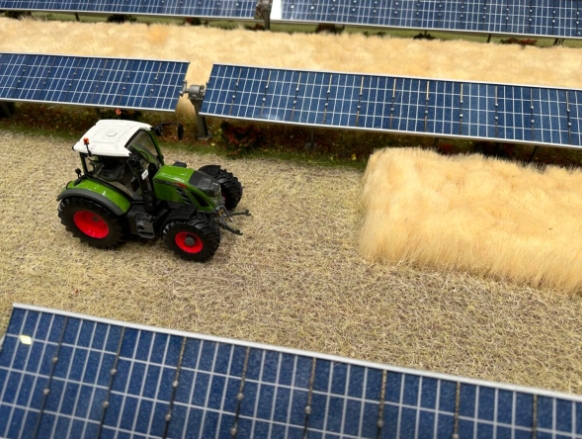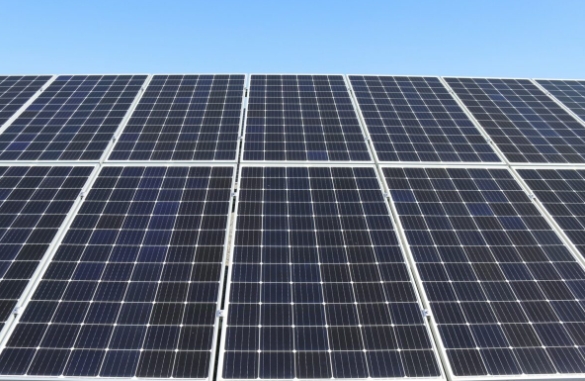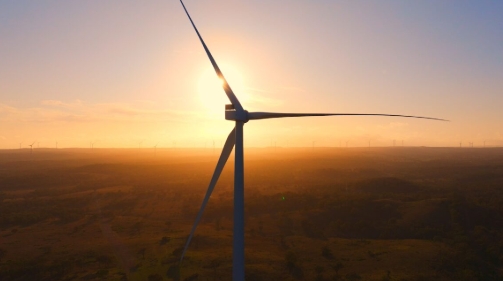
The idea, sources said, is to devise an India-specific ‘Just Energy Transition Plan (JETP)’ taking into account India’s position on ensuring climate justice while addressing climate change challenges as well as its commitments on increasing the share of renewable sources in its energy mix. The G7 already has a similar $8.5 billion transition plan with South Africa, which has stated its intent to decommission coal-based power plants in lieu for lower emission alternatives.
The JETP paper for India, which is currently under consideration of the government, has suggested a two-phased approach. In the first phase, the focus would be on reducing India’s “carbon intensity” by deploying renewable energy in power generation. This would mean specific investments on modernisation of power grids, deploying energy storage besides introducing new green technology.
Also, the G7 has pushed the envelope on rolling back thermal plants currently in the development stage and gradually shutting down coal mines. Specifically, it has suggested that if India is agreeable, then “phase one could include reduction of the pipeline of coal-fired power plants currently under development… piloting just transition elements, such as coal-fired power plant conversion and coal mine closure”.
Besides this, it’s proposed that targeted efforts be made in this phase to “increase production of green hydrogen and ammonia for industrial energy use” while improving “energy efficiency across the power, transport, industry, and buildings sectors”.
In the second phase, the G7 has suggested that it would make additional efforts to “widen support across a wider range of areas, including industrial and transportation decarbonisation needs”.






